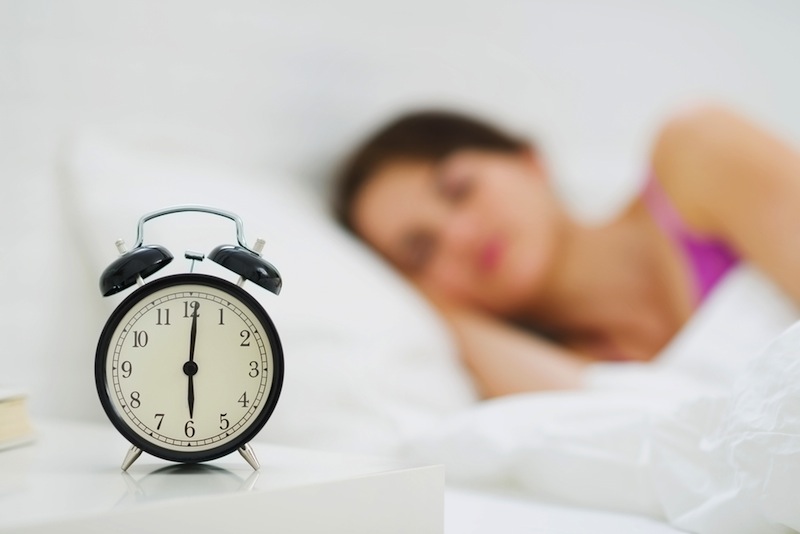Caffeine Confuses Your Body's Internal Clock, Study Suggests

Drinking a cup of coffee at night may mess up your sleep in more ways than one: Caffeine not only keeps you awake but also affects your body's internal clock, which tells you when it's time to sleep and wake up, a new study suggests.
The finding shows that caffeine "affects our physiology in a way that we hadn't really considered in the past," said Kenneth P. Wright Jr., a co-author of the study and director of the Sleep and Chronobiology Laboratory at the University of Colorado.
The research may have implications for night owls who want to get up earlier, and for people who experience jet lag after traveling between time zones, the researchers said.
In the study, five healthy people spent a night in a laboratory, where researchers monitored their levels of melatonin, a hormone that increases at night and is an indicator of the body's internal clock, also known as circadian rhythm.
Three hours before bedtime, participants took either a pill that contained about as much caffeine as two shots of espresso, or a placebo. (The experiment was repeated on another night so that participants who received the caffeine instead received the placebo the next time, and vice versa.)
The caffeine pill delayed the body's release of melatonin by about 40 minutes, the researchers found. In other words, caffeine affected the body's internal clock, so that the start of "biological night" was pushed later, the researchers wrote in their findings.
Researchers have long known that caffeine causes the release of chemicals in the brain that promote wakefulness and arousal, Wright said. But the new findings show that caffeine also affects the body in another way, by influencing circadian rhythms. [Turn Off to Tuck In: 5 Sleep Tips for Gadget Junkies]
Sign up for the Live Science daily newsletter now
Get the world’s most fascinating discoveries delivered straight to your inbox.
"We think this is another reason why we may have some sleep disruption" when we have caffeine before bedtime, Wright told Live Science.
A 40-minute delay in the release of melatonin could have a relatively large effect on a person, Wright said. For comparison, when people are exposed to bright light before bedtime — which is known to have a strong influence on the circadian clock — their release of melatonin is delayed by about 85 minutes.
Previous studies have suggested that people who consider themselves "night owls" tend to consume more caffeine than those who are early risers. The new findings suggest that consuming caffeine in the evening may play a role in why some people are night owls, Wright said.
If a night owl wants to start getting up earlier, "removing caffeine in the evening and afternoon" may be one way to help, Wright said.
In addition, a dose of caffeine that's properly timed may be able to help people better adjust to jet lag when they travel from east to west (and thus need to push back their internal clock), Wright said. However, more studies are needed to examine this idea, because caffeine might also make jet lag worse, Wright said.
The study is published today (Sept. 16) in the journal Science Translational Medicine.
Follow Rachael Rettner @RachaelRettner. FollowLive Science @livescience, Facebook& Google+. Original article on Live Science.

Rachael is a Live Science contributor, and was a former channel editor and senior writer for Live Science between 2010 and 2022. She has a master's degree in journalism from New York University's Science, Health and Environmental Reporting Program. She also holds a B.S. in molecular biology and an M.S. in biology from the University of California, San Diego. Her work has appeared in Scienceline, The Washington Post and Scientific American.









